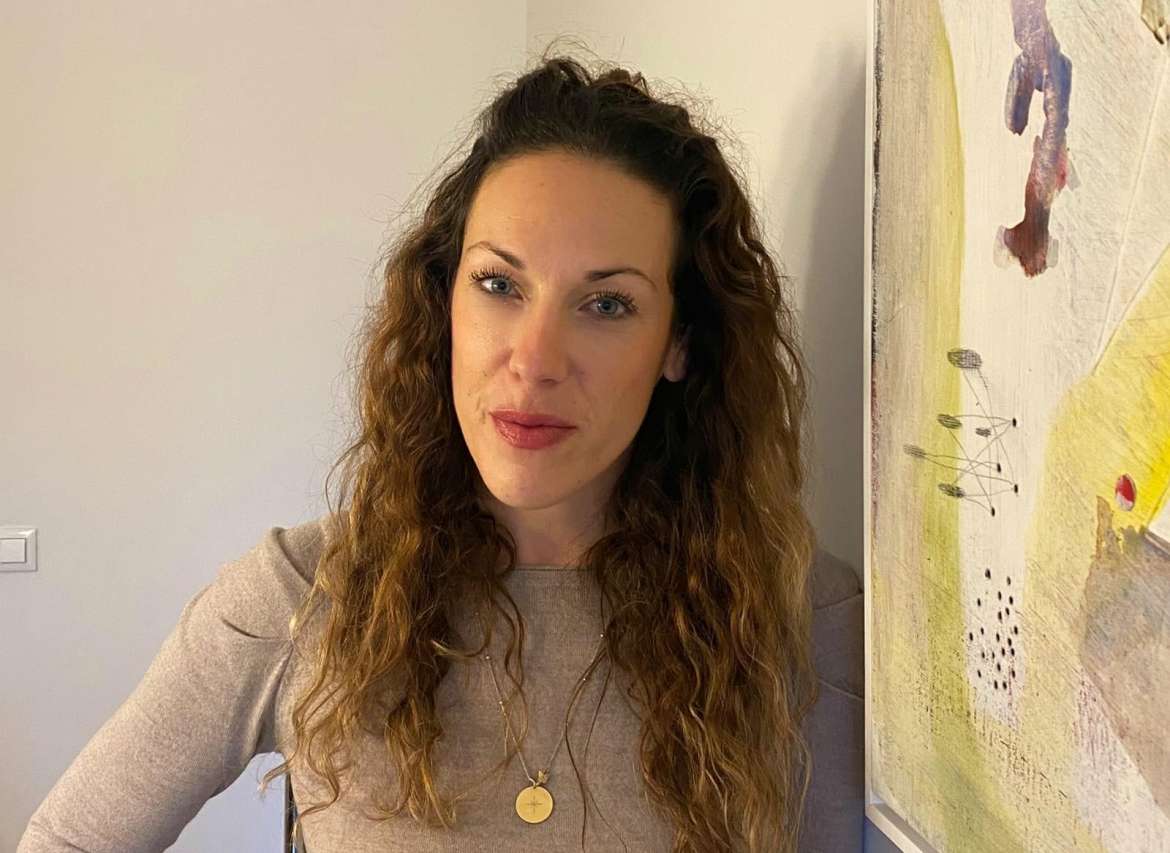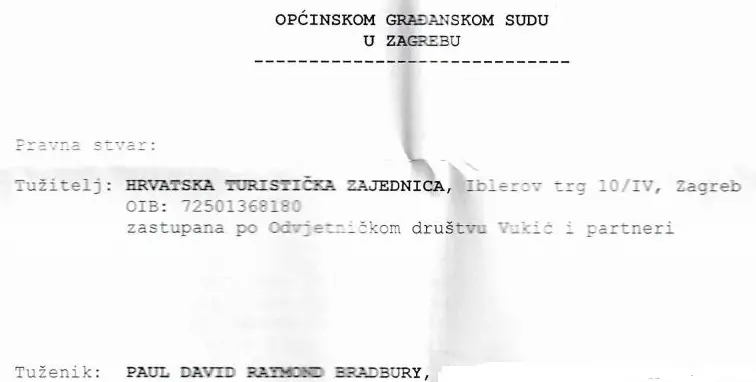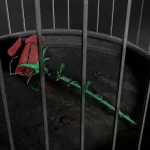In March, lawyer Vanja Jurić was appointed to the Expert Group of the European Commission for the so-called SLAPP lawsuits, as previously reported on TCN. These are “strategic” lawsuits that are unfounded or exaggerated and are aimed at intimidating and silencing those who ask questions of public interest – journalists, activists, and associations. This is a real threat to freedom of expression and democracy, says Vanja Jurić, who writes in the RTL.hr Open Editorial about lawsuits filed by powerful officials, politicians, and businessmen against journalists who problematize their public activities.
A few years ago, the Croatian Journalist’s Association began to publish annual data on the number of proceedings against journalists, editors, and media publishers in Croatia. For the public, that number, which is around a thousand active proceedings, was probably shocking. However, Croatia has long been, at the European level, one of the countries where the media are exposed to the largest number of lawsuits. These are different types of proceedings, but most often lawsuits for damages, in which the media or journalists are asked to pay monetary compensation, due to the so-called mental pain. A significant number of these proceedings are initiated by politicians, officials, judges, powerful businessmen, and corporations because of texts written by journalists in which they problematize their public activities.
Current and former ministers sue the media for reporting discrepancies in their assets, officials file lawsuits over articles about their previous criminal convictions, large corporations seek damages to publish their e-mail correspondence with state leaders, judges sue for problematizing court decisions that have been enacted, and the public service for reporting on the program and spending taxpayer’s money.

Strategic Lawsuits against Public Participation
More specifically, former Minister Tolusic filed a dozen lawsuits against various media outlets for reporting on his property cards, and Mijo Crnoja for reporting on land and soft loans granted to him ten years ago, although he has not built a house there to date. The Croatian National Tourist Board sued journalist Paul Bradbury and demanded HRK 50,000.00 for criticizing the promotional campaign they conducted, and Croatian Radio and Television initiated between twenty and thirty proceedings against its colleagues – media and journalists, for critical reporting on the situation on the public service. Likewise, a judge who released five suspects for serious crimes to defend himself from several media outlets is demanding amounts in excess of one million kuna, because they criticized such a decision, although his decision was later changed by a higher instance. This is only a small part of such examples.
What all these journalistic articles have in common is that they were justified, factually substantiated, verified, and about issues of significant public interest. All these procedures, if we adhere to the rights and case law, should be completed in favor of the media, and some of them already are.
Objects that have such characteristics are connected by a relatively new abbreviation SLAPP, which means the so-called Strategic Lawsuits against Public Participation; and for which the European Commission, less than a month ago, appointed a special expert group, recognizing that this is a type of procedure that is characteristic of the entire EU and has consequences which are contrary to the fundamental values of the European Union.
These are, therefore, lawsuits that are mainly directed against journalists, media, activists and their organizations, who, through their public actions, rightly and justifiably speak out on issues of public interest. It can be about uncovering various social or political affairs, criticizing the government, politicians, officials, or corporations; whose actions, for whatever reason, are important for society. Therefore, it is not just about the media, although they are most often from the other side of SLAPP. There are also a number of examples in Croatia in which the victims of such actions are NGOs, activists, and whistleblowers.
Financial exhaustion
Unlike other types of court proceedings, the primary goal of the so-called SLAPP lawsuits are not the protection of a right or interest of plaintiffs (and obtaining a court judgment by which these rights are exercised), but the prevailing belief is that their purpose is fulfilled by filing lawsuits, setting high lawsuits and conducting lengthy and often expensive court proceedings. One of the main characteristics of such lawsuits is that they are, in essence, unfounded; when it is clear from the beginning that there is no valid (factual and legal) basis and that the final success of the plaintiff in the proceedings is not likely. In these proceedings, which require the payment of damages of tens of thousands of kunas, almost completely regardless of their outcomes – longevity and financial exhaustion – attempts are made to put pressure on people or organizations that speak out about a social problem and thus, legally, punish and intimidate.
Given that the “larger” media are constantly exposed to court proceedings, in which the cumulative amounts claimed in lawsuits reach several million kunas, it is clear that this is serious pressure on them. The problem is even more obvious when individuals, such as journalists, activists, or non-profit media, are exposed to such lawsuits, and by initiating and conducting such proceedings, their existence is literally called into question.
Threat to freedom of expression
Through the work of domestic and international organizations dealing with the protection of freedom of expression and media freedom, this type of lawsuit – which in fact has always existed – has finally been named and recognized at the European Union level as a threat to freedom of expression. That is why an expert group of professionals from all over the EU has been appointed to advise the European Commission in the process of creating a system of protection against such lawsuits (both in terms of legislation and general policies) and the introduction of “safeguards” that will prevent or at least limit such lawsuits.
If we look only at Croatia, today or in the last thirty years, it should be completely clear that almost nothing that is really important (about politics, crime, social problems, and difficult affairs) we would not know without the media. We would know almost nothing about the assets of dismissed ministers, serious allegations of corruption and organized crime, health system problems in the fight against the coronavirus, or the shortcomings of the social welfare system.
Guard dogs
The point is that the role of the media, as well as the role of activists and organizations involved in detecting various social anomalies and informing the public about these problems, is completely irreplaceable in any democratic society. Without them, democracy, which implies public control over all political and social processes, simply does not exist. Without the so-called public watchdogs, which are the most common (or most visible) media, we would not know what is happening in society, and especially in politics. In Croatia, this example is so obvious, but only looking at the scandals that the media have discovered or helped to reveal and publish, in the last few years.
That is why, for any democratic society, it is necessary to protect freedom of expression and media freedom, as much as and for as long as it is necessary. It is about rights and freedoms that are, without any exaggeration, a precondition of any democracy. Likewise, protecting them not only means providing a “defense” in court proceedings, but also creating a social environment in which every journalist, media, and activist can work freely and independently. SLAPP lawsuits and the self-censorship they can cause are a symbol of the opposite of these values.
To read the original Croatian version of this article on RTL, click here.










